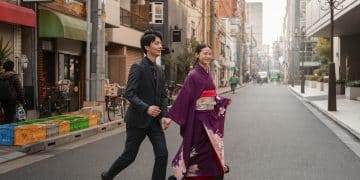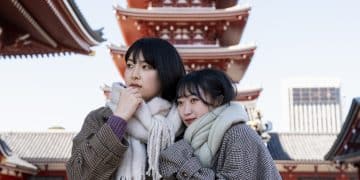Historical Doramas: Between Tradition and Fiction
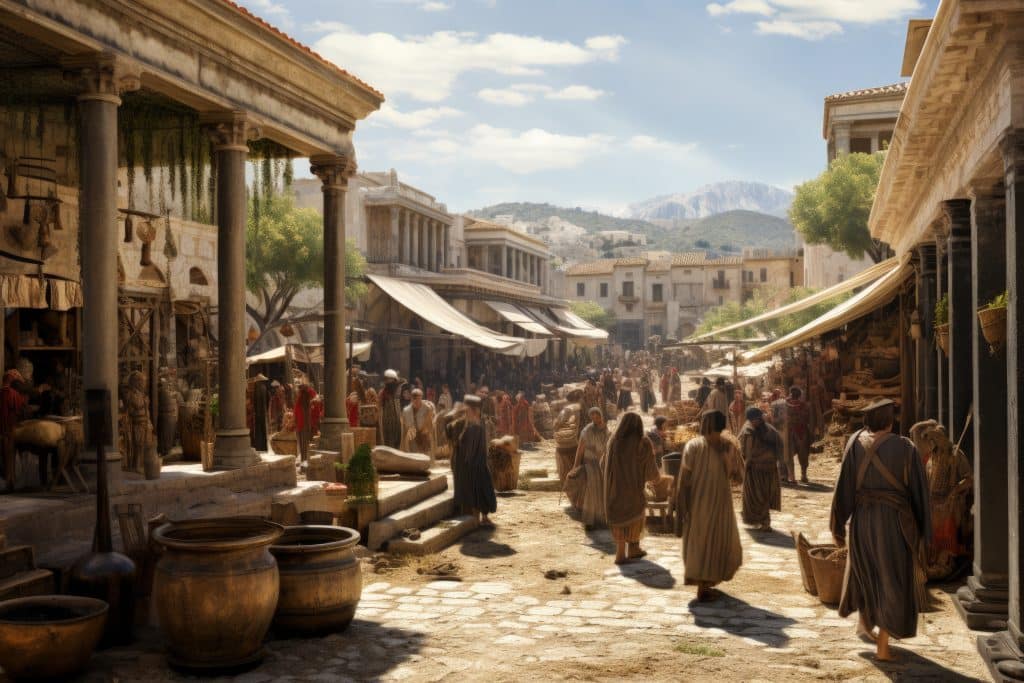
🏯 Historical Doramas
🌸 Reimagining the Past Through Story
Historical doramas — known as jidaigeki in Japan and sageuk in Korea — do far more than recreate ancient settings or showcase traditional attire.
They are emotional time capsules that allow viewers to step into another era while reflecting on timeless human struggles.
In these stories, history becomes personal, and every sword drawn or tear shed carries the weight of moral choices that still echo in the present.
The power of historical storytelling lies in its ability to bridge eras.
Through fictionalized accounts of samurai, queens, scholars, and commoners, these dramas give history a heartbeat.
The dusty chronicles of empires and dynasties are reborn as living narratives — filled with the same emotions, dreams, and contradictions that define us today.
A historical dorama is not just a period piece; it’s a reflection of how societies remember and reinterpret themselves.
By weaving fact with imagination, these works transform the past into a mirror, revealing how the moral dilemmas of yesterday — loyalty versus love, faith versus freedom, honor versus survival — remain deeply human and relevant.
For instance, when we watch a historical Japanese dorama, we witness the stoic discipline of the samurai or the quiet grace of a geisha, yet beneath the cultural codes lies a universal question:
What does it mean to live with integrity when the world is changing?
Similarly, in historical Korean dramas, the royal courts, political conspiracies, and social hierarchies serve as powerful allegories for modern life.
They remind us that ambition, justice, and compassion are not bound by time — they are part of what makes history cyclical and humanity eternal.
Ultimately, historical doramas reimagine the past not as a distant memory but as an emotional experience.
They connect us to generations before us, proving that while empires rise and fall, the essence of human nature — our longing for meaning, love, and freedom — never fades.
🗡️ Tradition: A Guide and a Burden
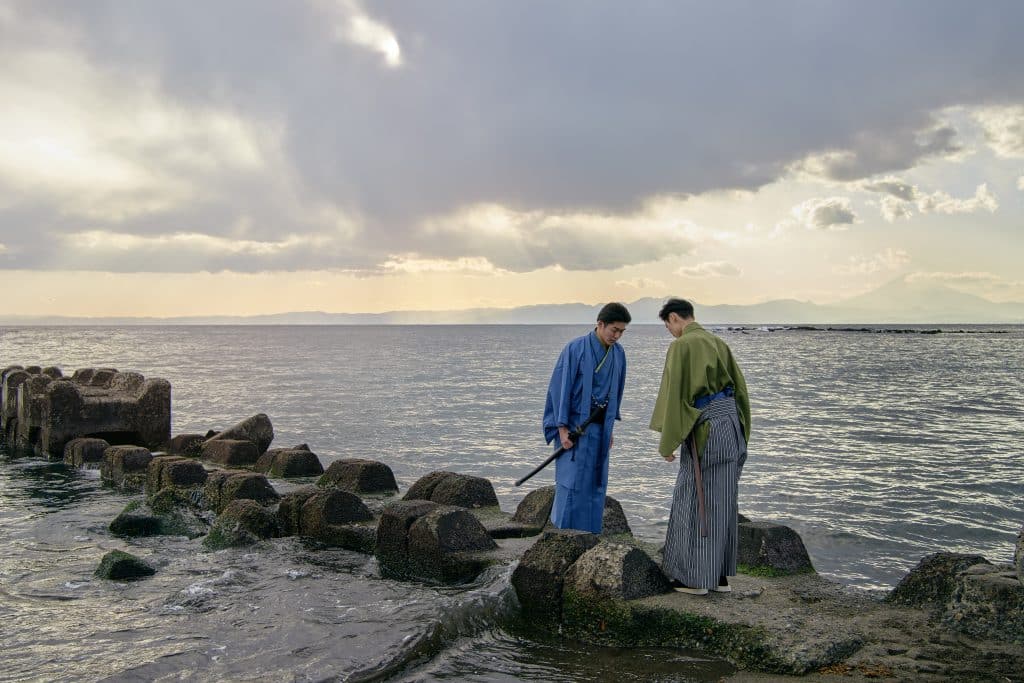
In Japanese historical dramas, tradition often serves as both a moral compass and an emotional constraint.
The bushidō code — built upon loyalty, honor, and self-discipline — governs many protagonists’ lives.
Yet, these values can clash with personal desire, creating inner conflict that drives the story forward.
Series like Rurouni Kenshin or Shinsengumi! portray heroes haunted by their past, seeking redemption between loyalty and humanity.
The struggle between honor and compassion lies at the heart of many Japanese historical narratives.
Korean sageuk dramas, on the other hand, explore power and identity within rigid systems.
Set against the strict hierarchies of royal courts and noble clans, characters must navigate political intrigue while fighting for justice, love, or freedom.
Tradition here becomes both a prison and a source of strength — a paradox that defines much of Korea’s historical storytelling.
👑 Fiction as a Mirror of History
While rooted in historical events — from Japan’s Tokugawa shogunate to Korea’s Joseon dynasty — historical doramas are not mere reenactments of the past.
They are reinterpretations — artistic reflections that use fiction to question, humanize, and illuminate history.
Rather than repeating what happened, these dramas dare to ask why it mattered, and what it still means in a changing world.
Through creative storytelling, historical doramas turn archives into emotions and traditions into personal journeys.
They explore modern anxieties and universal questions under the veil of period drama — blending factual settings with fictional narratives to reveal the timeless struggles of human nature.
At their core, these stories echo conflicts that persist across centuries:
⚖️ The tension between progress and tradition, as individuals fight to honor the past while shaping the future.
🕊️ The pursuit of personal freedom, often against rigid social hierarchies and political control.
👩🎓 The evolution of women’s roles in patriarchal societies, from silent observers to courageous reformers.
💎 The cost of integrity and truth, as characters face moral choices that challenge both loyalty and justice.
What makes these historical doramas so powerful is their ability to feel modern without losing authenticity.
Though the sets may feature wooden palaces and traditional attire, the themes pulse with contemporary relevance — ambition, love, identity, equality, and resistance.
When we watch Mr. Sunshine, we see a nation struggling for independence, but also a universal tale of identity and belonging.
When we watch Yae no Sakura, we witness a woman breaking societal barriers, reminding us of the enduring fight for equality and self-determination.
Fiction, in this context, becomes a mirror polished by time — one that reflects the faces of the past while showing the contours of our own.
Through imagination, historical doramas breathe empathy into history, allowing us to feel the heartbeat of eras long gone and recognize ourselves within them.
Ultimately, these dramas remind us that history is not fixed — it is retold, reinterpreted, and relived.
Every historical fiction reclaims forgotten voices and transforms the past into a living dialogue with the present.
In doing so, they teach us that storytelling is not only about remembering history, but about making it meaningful again.
🌸 The Aesthetics of Time

What makes these series visually unforgettable is their attention to aesthetic authenticity.
From intricate kimono fabrics and hanbok embroidery to the careful pacing of tea ceremonies and sword duels, every element serves a purpose.
The deliberate rhythm, poetic silence, and respect for rituals all express a philosophy of time — one that values reflection over speed.
This slower, meditative storytelling invites viewers to feel history rather than just observe it
🎭 Heroes and Heroines Beyond Time
Every historical dorama thrives on characters who are more than figures of their era — they are symbols of enduring human spirit.
Through their triumphs and tragedies, we see reflections of ourselves: our moral struggles, emotional resilience, and the eternal desire to find meaning within the chaos of history.
These timeless archetypes transcend language, culture, and geography, proving that the emotional core of storytelling is universal.
⚔️ The Tragic Warrior: Honor and Humanity
A central figure in many historical Japanese doramas, the warrior stands at the crossroads of duty and love, loyalty and conscience.
Guided by the bushidō code, he embodies discipline and integrity — yet his tragedy lies in realizing that true strength often comes from compassion, not combat.
Characters like Kenshin Himura in Rurouni Kenshin or the samurai of Shinsengumi! reflect this eternal conflict: the pursuit of honor in a world that demands humanity.
Their journeys remind us that even the most stoic heroes are haunted by emotion, and that the noblest battles are those fought within.
👑 The Visionary Woman: Strength Behind Tradition
In both Japanese and Korean historical dramas, female characters illuminate how resilience can thrive even in oppressive systems.
They challenge patriarchal norms not through rebellion alone, but through intelligence, empathy, and quiet strength.
From Yae no Sakura’s warrior defiance to Dae Jang Geum’s pursuit of healing and knowledge, these women redefine what power means in societies that once sought to silence them.
Their stories show that progress in history often begins with a woman who dares to imagine differently.
⚖️ The Conflicted Ruler: Power and Conscience
Kings, shoguns, and nobles in historical doramas are rarely one-dimensional.
Beneath their crowns and armor lies a profound moral struggle: how to wield power without losing compassion.
These rulers often face dilemmas that test the very foundation of leadership — balancing personal emotion against duty to the nation.
In series like Mr. Sunshine or Emperor’s Shadow, leadership becomes a metaphor for self-sacrifice, showing that greatness is not measured by authority, but by conscience.
🌾 The Humble Commoner: Courage in Silence
While history often celebrates the elite, historical doramas give voice to those forgotten by official chronicles — the peasants, artisans, healers, and servants who quietly shape revolutions.
Their courage is not grand, but steady and transformative.
Through persistence, kindness, and loyalty, they become the moral backbone of their societies.
These portrayals remind us that real change does not always come from the throne, but from the hands of ordinary people whose integrity endures when power fades.
💫 The Universal Heart of Historical Storytelling
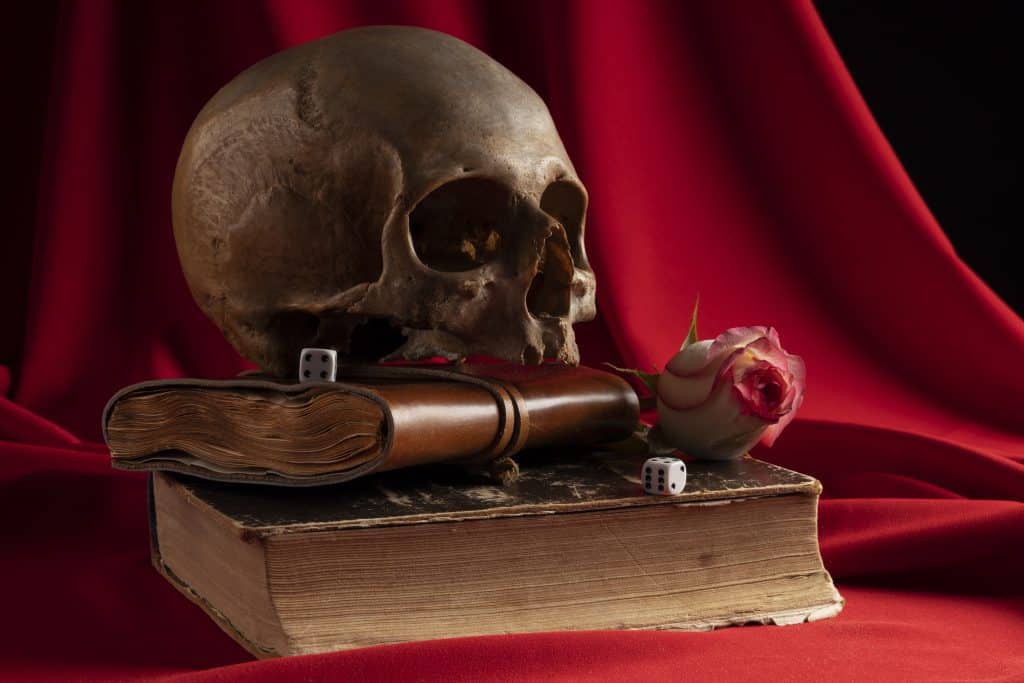
Together, these archetypes form the emotional architecture of every historical dorama.
They embody courage, fear, grief, and hope — the same emotions that pulse through every human life, regardless of century or culture.
Audiences across the world connect deeply to these figures because they are eternal mirrors:
the warrior’s doubt, the woman’s dream, the ruler’s guilt, and the commoner’s faith all echo the same question —
“What does it mean to be truly human in the face of destiny?”
By blending history with emotion, historical doramas transform myth into meaning.
Their heroes and heroines remind us that even when centuries divide us, the heart still beats the same — steady, searching, and unafraid to hope
🌏 Why Historical Doramas Matter Today
In a digital era ruled by fast-paced thrillers, sci-fi spectacles, and short-form content, the enduring popularity of historical doramas stands as quiet proof that audiences still crave depth over distraction.
Titles such as Kingdom on Netflix or the classic Jewel in the Palace (Dae Jang Geum) demonstrate that people around the world continue to find meaning, comfort, and identity in stories drawn from the past.
But what explains this ongoing fascination? Why do tales set centuries ago still resonate so powerfully today?
🏮Preserving Cultural Identity Through Art
Historical doramas act as living museums — not static displays, but moving, breathing works of art.
They preserve ancestral languages, court rituals, music, and attire, allowing younger generations to see and feel what textbooks can only describe.
Through cinematic storytelling, these dramas safeguard traditions that might otherwise fade with time.
By watching them, viewers — both local and global — gain insight into the values, virtues, and vulnerabilities of entire civilizations.
They remind us that cultural heritage isn’t meant to be locked away; it’s meant to be experienced.
💭 Offering Moral and Emotional Reflection
Beyond their historical settings, these doramas speak to the moral questions that define every age:
What is the price of integrity? Can love overcome duty? How do we honor the past while seeking change?
Their emotional resonance lies in how they connect ethical dilemmas of ancient times to modern life.
A samurai’s loyalty mirrors the modern professional’s sense of responsibility; a queen’s sacrifice reflects today’s struggles for gender equality.
By humanizing history, these dramas transform distant eras into mirrors for self-reflection — encouraging us to see that our ancestors wrestled with the same inner conflicts we face today.
🎬 Delivering Cinematic Beauty and Emotional Craftsmanship
Few genres display craftsmanship as meticulously as historical doramas.
From handcrafted costumes to detailed set design, every frame carries symbolic meaning.
The pacing is deliberate, allowing emotions to unfold like calligraphy — slow, precise, and profound.
Their visual richness turns history into art, while music, lighting, and dialogue add layers of poetic depth.
This immersive beauty explains why even international viewers, unfamiliar with the cultural specifics, are captivated by the artistry of Japanese jidaigeki and Korean sageuk alike.
⚖️ Bridging Tradition and Modernity
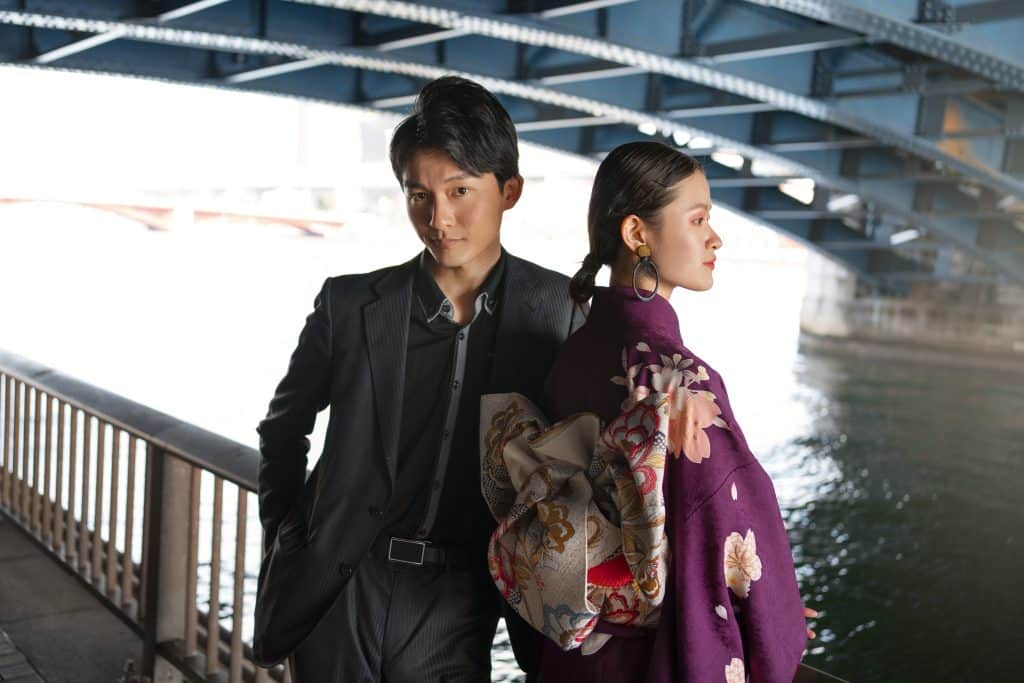
Perhaps the greatest strength of historical doramas lies in their remarkable ability to bridge the old and the new — to remind us that progress does not have to mean forgetting, and that evolution can coexist with reverence.
While some genres chase novelty for its own sake, historical storytelling thrives on the tension between preservation and transformation.
It teaches that innovation without memory is shallow, just as tradition without renewal risks becoming silent.
Unlike simple re-creations of bygone eras, historical doramas reinterpret the past through a modern consciousness.
They examine how values such as loyalty, justice, and honor — once absolute — shift when confronted by changing times.
A single narrative can move fluidly between centuries, showing how the swords of samurai give way to ideals, how royal duty clashes with personal freedom, and how rebellion becomes the seed of reform.
In these stories, ancient codes and modern ethics collide, creating emotional sparks that illuminate the ongoing dialogue between heritage and progress.
What begins as a battle between tradition and innovation often resolves into a deeper truth: that each generation must redefine honor for itself.
This balance is what makes historical dramas relevant far beyond their cultural origins.
They show that even when societies industrialize, digitize, and globalize, the moral DNA of their ancestors still pulses beneath the surface.
When a sageuk portrays a Joseon scholar torn between scholarship and social change, or a jidaigeki depicts a wandering samurai questioning feudal order, the themes resonate not just in East Asia — but in New York, São Paulo, Paris, or Seoul.
Viewers recognize themselves in these dilemmas because every culture faces the same universal tension: how to move forward without losing one’s soul.
Moreover, these historical narratives highlight that modernization is not about abandoning identity, but re-imagining it.
The camera lens becomes a metaphorical bridge, capturing both the fragile beauty of tradition and the daring spirit of the future.
Directors use technology — cinematic lighting, digital effects, global streaming — to carry stories rooted in ancient customs to twenty-first-century audiences.
In doing so, they prove that history is not a burden to escape, but a foundation to innovate upon.
Ultimately, historical doramas reveal that change does not erase history — it transforms it.
By blending heritage with imagination, they show how nations evolve without losing their essence, how languages, rituals, and moral codes adapt yet endure.
Through this harmony of past and present, these dramas whisper a timeless message:
💫 The Enduring Relevance of Historical Storytelling
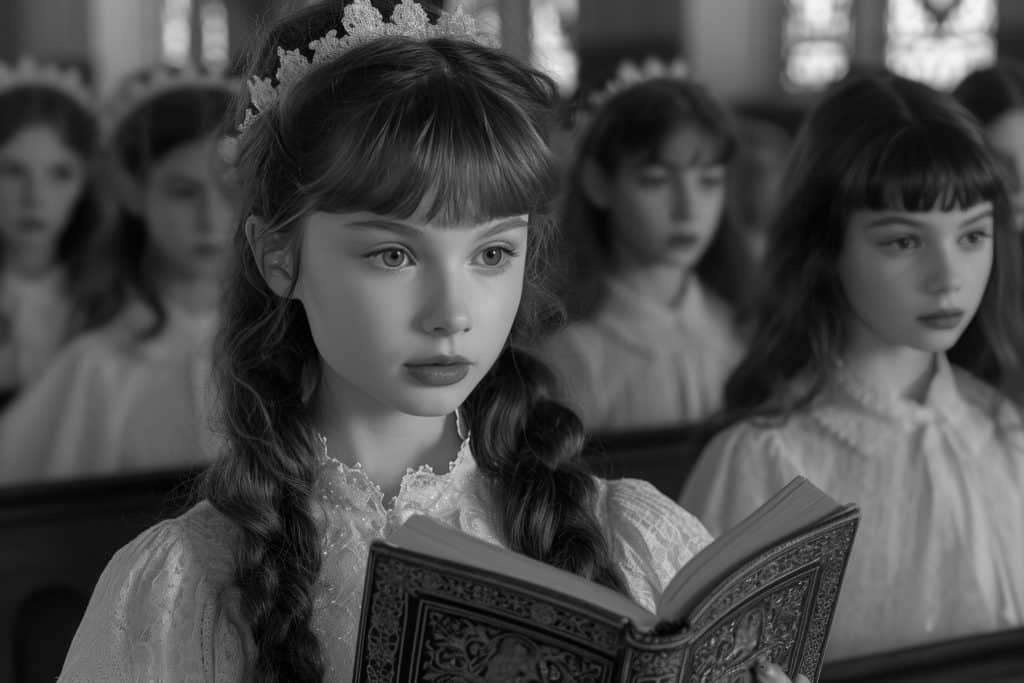
To watch a historical dorama is to do far more than follow a script — it is to take part in an act of cultural empathy.
Each episode becomes a bridge between centuries, allowing us to experience the emotions, conflicts, and hopes of people long gone.
It reminds us that history is not a static record; it is a living dialogue that continues to evolve through memory, imagination, and storytelling.
Through these narratives, we learn that progress and memory are not enemies — they are partners in human growth.
Modern innovation often begins with lessons from the past, and historical storytelling keeps those lessons alive.
A single gesture — a bow of respect, a verse recited in love, a silent tear of regret — can carry centuries of wisdom about compassion, honor, and the human condition.
In a world that glorifies speed, historical doramas encourage a slower rhythm — one that values silence, patience, and reflection.
They invite us to listen more deeply, to feel the pulse of forgotten voices, and to recognize how our present identities are shaped by ancient stories.
By connecting viewers to collective heritage, they awaken a quiet realization: we are all heirs to the emotions of history.
Each scene of a historical drama becomes an echo of endurance — proof that even when empires crumble and traditions shift, the essence of humanity endures.
These stories do not merely preserve culture; they revive empathy across generations.
They help us understand that the people who lived before us were not so different — they too loved, feared, dreamed, and searched for meaning.
Ultimately, the enduring power of historical storytelling lies in its ability to make time feel human again.
When history is told through the heart — through eyes that have cried, hands that have fought, and souls that have hoped — it ceases to be distant.
It becomes intimate, emotional, and alive.
And in that shared heartbeat between past and present, we discover something timeless:
History never truly ends — it simply continues to speak, in every story we choose to tell.
✨ Conclusion: When the Past Speaks to the Present
Historical doramas are not simply about kings, samurai, or ancient wars — they are about the human heart across time.
They reveal that tradition and fiction are not opposites but companions: one grounds the story in reality, the other gives it soul.
Through these dramas, history becomes an emotional landscape — where love defies duty, women rewrite destiny, and heroes learn that true honor is compassion.
Even centuries apart, we share the same longing: to belong, to love, and to find meaning in our struggles.
